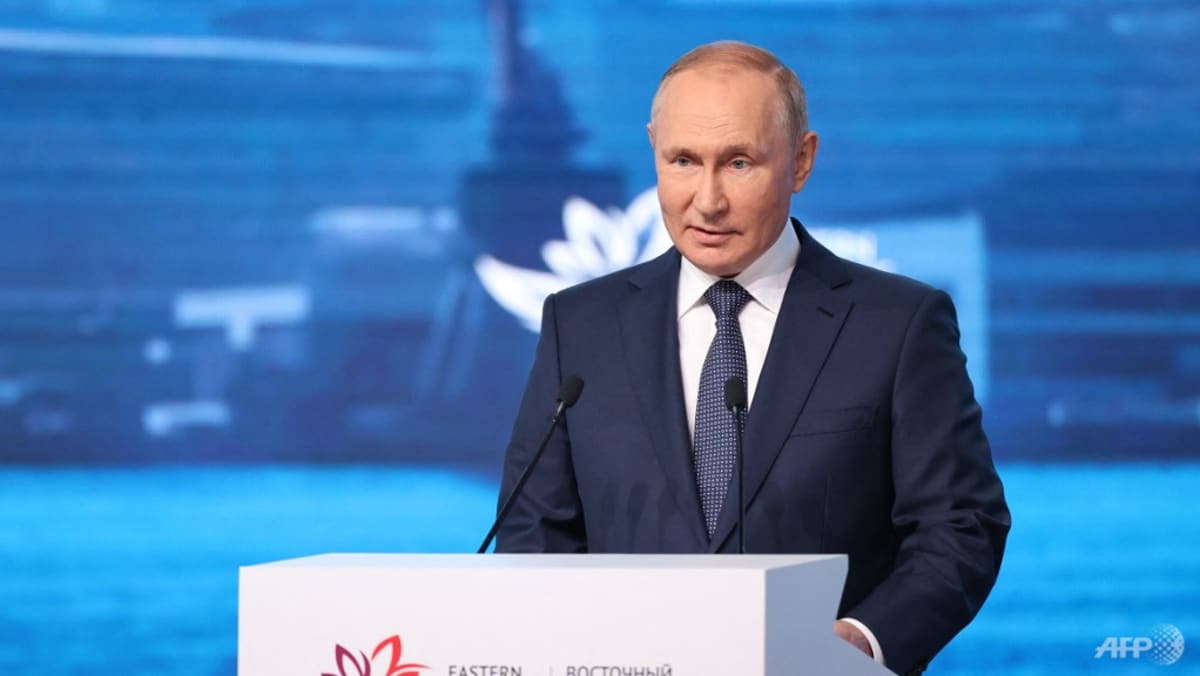Sanctions pull Russian billionaires tighter into Putin’s embrace
Khan now lives in Moscow, supervising Alfa Group’s Russian assets from his office in the city’s financial district.
He gets the money to support his lifestyle from his businesses in the nation, which include stakes in X5, the country’s biggest supermarket chain, and mobile phone company Vimpelcom.
Apart from Khan, all of his LetterOne partners still live abroad, though Kuzmichev, too, has transferred his stake in the firm to an unsanctioned shareholder.
A representative for Khan declined to comment for this story.
Driving the wealthy back to Russia could also be seen as a victory for the West, where concerns were growing that their fortune and influence were helping further the Kremin’s interests outside of the country.
For rich Russians abroad, life is far from what it used to be.
Fridman, who is based in London, had his credit cards frozen and needs to apply for a licence to spend money.
Aven, who has an estate outside the UK capital with a £300 million (US$345 million) art collection, is struggling to pay his monthly expenditures, estimated at £140,000.
Now, some wealthy Russians – sanctioned or not – are hesitant to venture out of the country even for vacation.
Alexey Mordashov, the owner of steelmaker Severstal, docked his yacht, Nord, in Vladivostok and has not left since he was sanctioned in March.
Others are going on Volga river cruises or hiking in the Altay region of southern Siberia known for its idyllic landscapes of mountains, tundra and lakes.
The nation’s elite have long sought to keep at least part of their fortunes abroad to shield it from authorities and benefit from lower tax rates and more appealing legal systems.
Putin intensified his efforts to bring back assets in 2018, when the government created special administrative districts in the Kaliningrad region between Poland and Lithuania, and in Primorsky, an area that borders North Korea and China. Holdings with international assets re-registered there could qualify for tax benefits.
While a round of US sanctions in 2018 targeting billionaires Oleg Deripaska and Viktor Vekselberg helped jump-start the process of re-domicilation, the recent barrage of restrictions has turbocharged the program.
In the first five months of 2022, 26 companies moved their headquarters back to Russia, already matching the number for all of 2021, Economy Minister Maxim Reshetnikov said in June.
Said Kerimov, the son of sanctioned billionaire Suleiman Kerimov, as well as PhosAgro founder Andrey Guryev and steel tycoon Victor Rashnikov – both also penalised – have all moved back assets to Russia.
But for the wealthy, the nation’s stagnant and increasingly state-dominated economy offers few prospects for investments.
“They are isolated just as Putin is,” said Brian O’Toole, a senior fellow at Atlantic Council who was the former senior adviser at OFAC. “The idea that they could be peeled off from Putin and the Kremlin at this juncture is not reality.”
For all the latest world News Click Here

